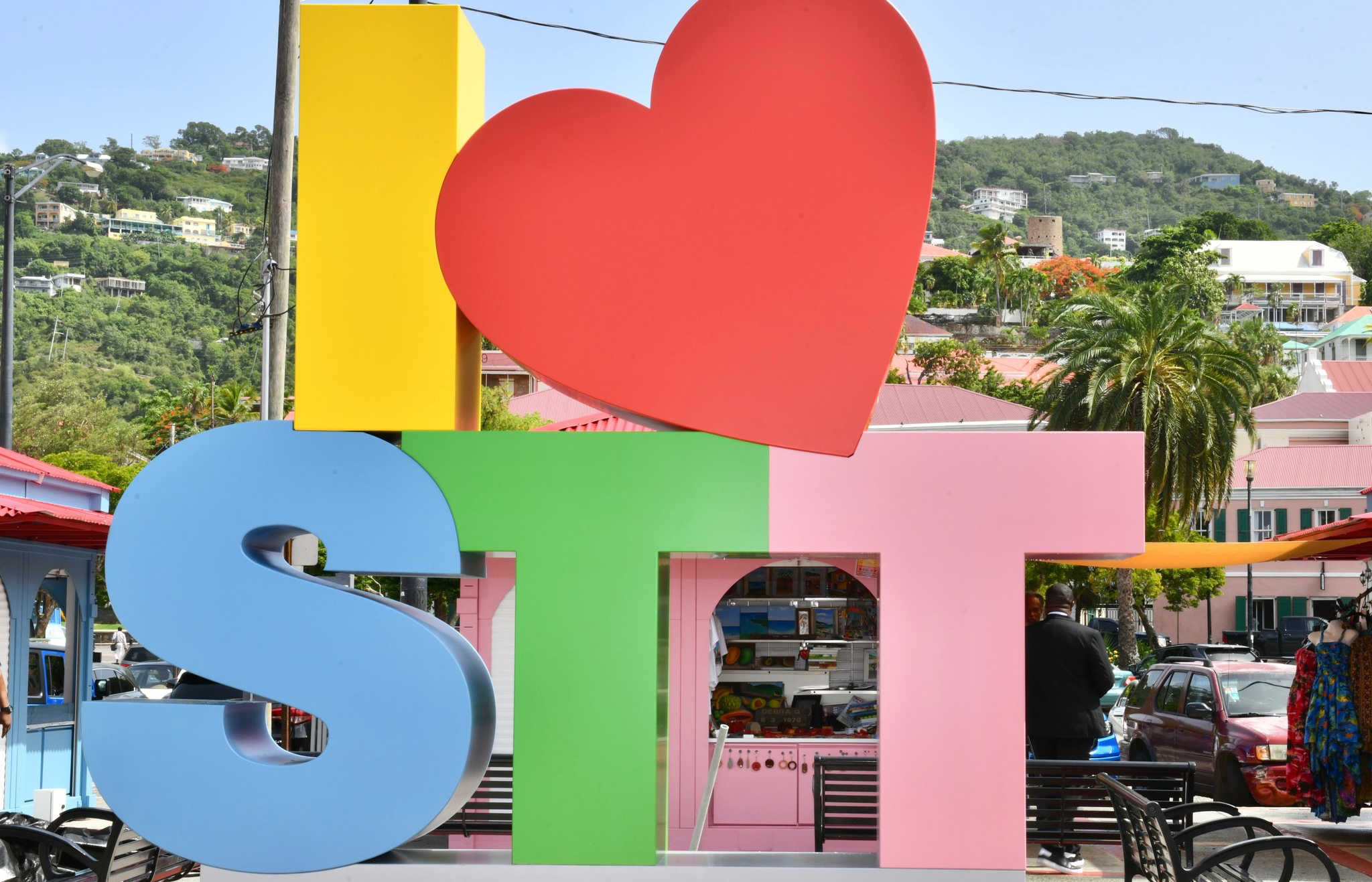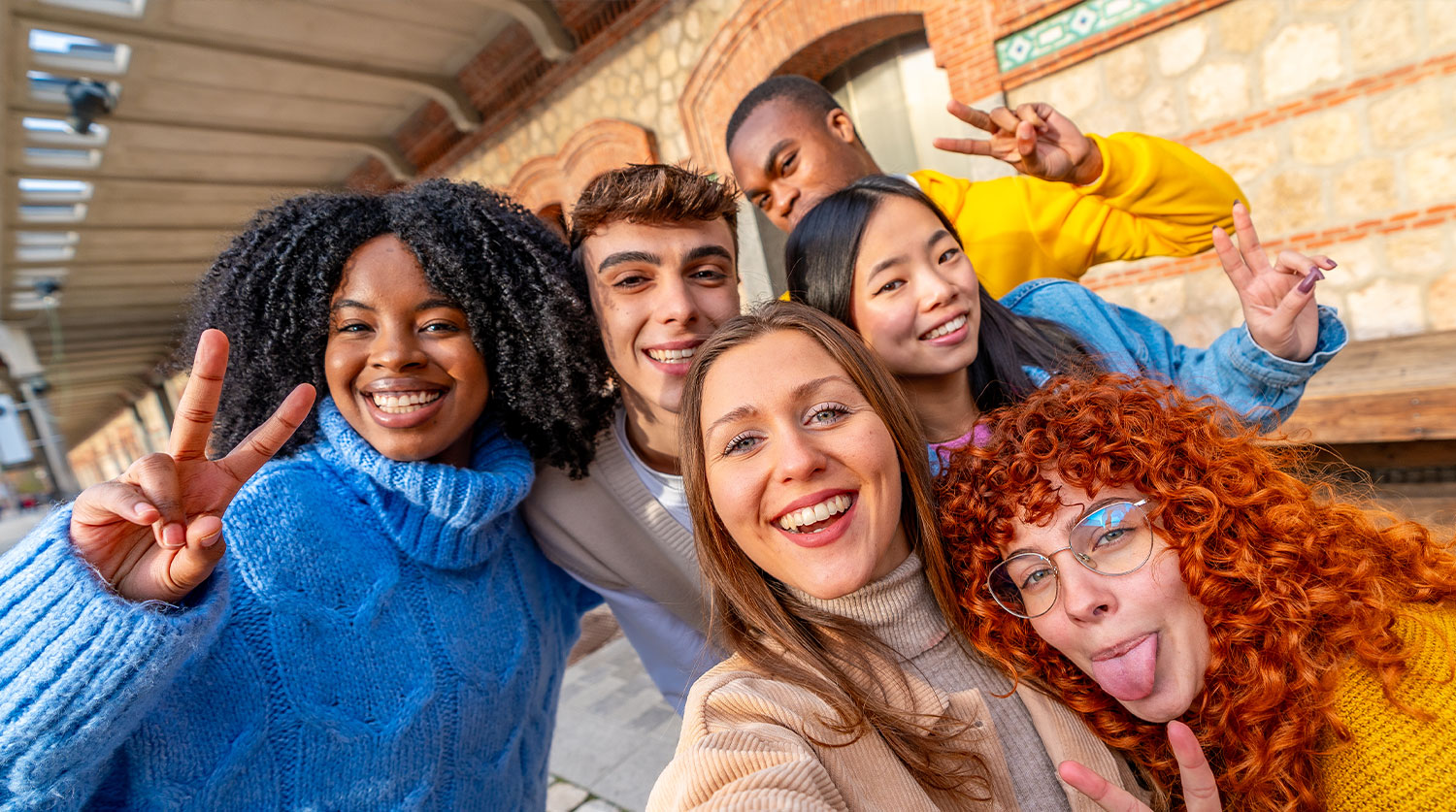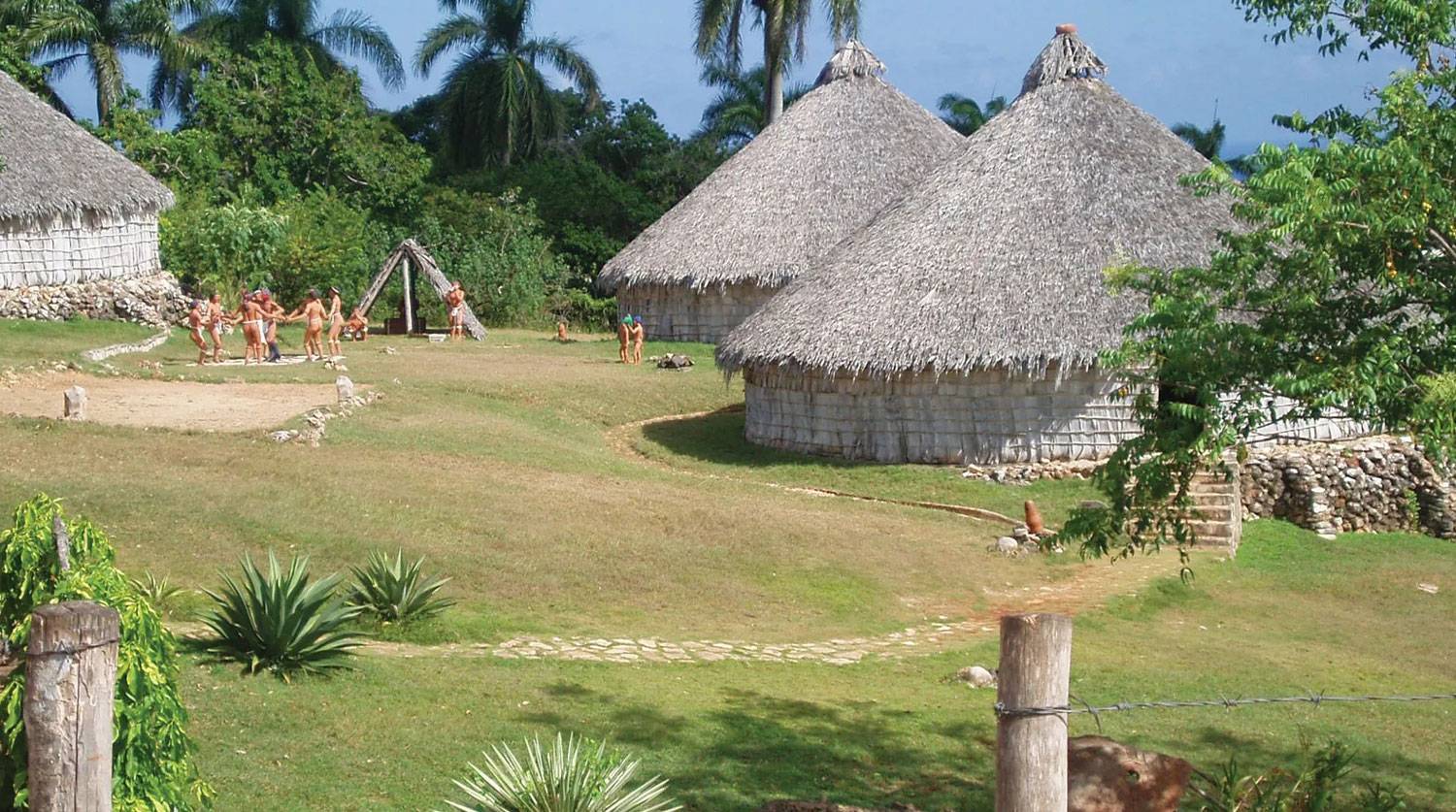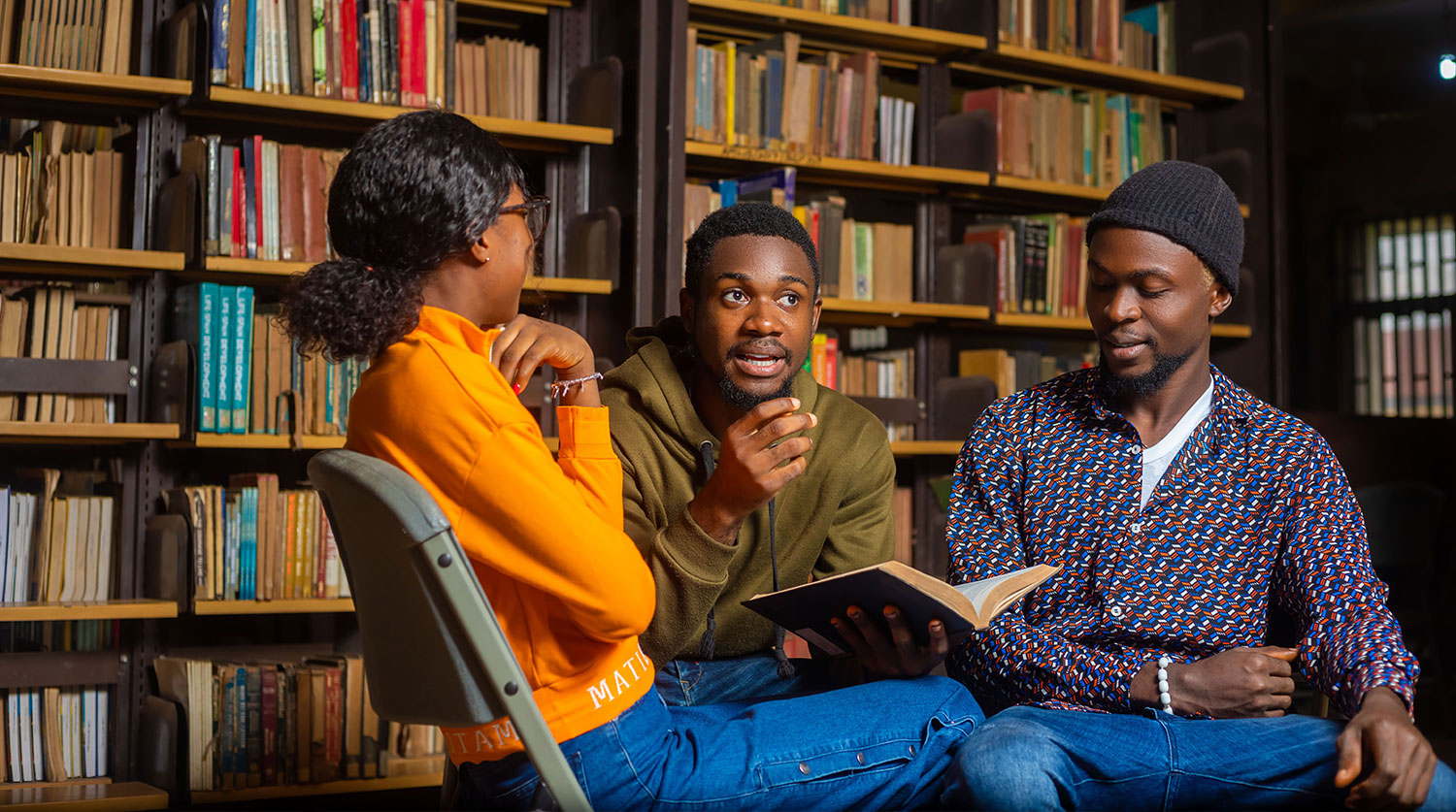Culture
Historic Committee Decides: ‘I Love STT’ Sign Not Suitable for Vendors Plaza

ST. THOMAS – Recent deliberations by the St. Thomas Historical Preservation Committee (HPC) culminated in a decision against the retention of the “I Love STT” metal installation at the prominent Vendors Plaza.
Introduced as part of an overarching plan to invigorate the plaza by Vincent Richards, the Deputy Commissioner of the Dept. of Property and Procurement, the sculpture was touted to echo similar design ethos seen across various Caribbean islands, ranging from Cuba to Barbados.
However, skepticism arose during the discussions led by the HPC’s Committee Chair, Akil Petersen. He pressed on the positioning of analogous sculptures in historical zones in countries like Puerto Rico and Cuba. While they were indeed situated in such areas, Petersen remained wary about the emblem’s appropriateness at Vendors Plaza. His contention was grounded in the idea that visitors gravitate towards the plaza to revel in its intrinsic beauty rather than to interact with modern signs. For Petersen, other sites such as Yacht Haven, Magens Bay, or Lindbergh Bay seemed to be more fitting locales for the installation than the iconic Charlotte Amalie historic precinct.
While Enrique Rodriguez, a fellow committee member, refrained from passing judgment on the artistic value of the sculpture, he expressed notable apprehensions about the HPC’s exclusion from initial discussions. “Future undertakings should certainly involve the HPC from the onset,” Rodriguez stressed, emphasizing the committee’s pivotal role.
Echoing Rodriguez’s sentiments, Sean Krigger, who helms the VI State Historical Preservation Office, accentuated the HPC’s central role. For him, any amendments to the storied district necessitate a thorough review by the committee. He reminisced about earlier proposals targeting Vendors Plaza that had a more historical resonance, such as the idea of introducing an antique anchor.
On a slightly divergent note, David Knight Sr., another voice in the committee, addressed the need for consistency. Drawing parallels to a Cruz Bay sign which had met with unanimous disapproval from the HPC, Knight pondered the committee’s wavering stance. He denounced the sculpture as mere “advertising flair” and argued that Vendors Plaza’s historical milieu wasn’t the right setting for it. He was firm in his stance, stating, “Its relocation is imperative.”
After extensive discussions, the committee’s vote centered on application HPC-40-2023, a comprehensive proposal encompassing an array of enhancements for the plaza, such as innovative sunshades for vendor stalls and a structured strategy for food truck positioning. Barring the contentious “I Love STT” piece, the other proposed additions secured approval from three committee members, while two were in dissent. The overarching consensus was clear: the sculpture needed a new home.

Culture
Cultural Exchange Programs in the U.S. Virgin Islands: A Bridge to Global Understanding

Cultural exchange programs in the U.S. Virgin Islands (USVI) have long served as vital channels for fostering global understanding, enhancing educational experiences, and promoting tourism. As a unique territory in the Caribbean, the USVI is rich in history, culture, and diversity. Through various exchange initiatives, the islands connect with other parts of the world, offering both residents and visitors the opportunity to share and learn from each other’s cultures. These programs not only benefit individuals on a personal level but also contribute to the broader socio-economic and cultural development of the territory.
The Importance of Cultural Exchange Programs
Cultural exchange programs play a crucial role in broadening perspectives, helping participants gain a deeper understanding of different ways of life. For the U.S. Virgin Islands, these programs are particularly important because of the region’s diverse cultural landscape. Being a territory of the United States, while also deeply rooted in African, Caribbean, and European traditions, the USVI is in a unique position to foster cross-cultural dialogue. This environment makes it a prime destination for exchange programs, which bring students, artists, and professionals from around the world to engage with local communities.
These programs help preserve local culture by encouraging the sharing of traditions, languages, and stories. At the same time, they offer Virgin Islanders the chance to explore other cultures, helping break down barriers, foster mutual respect, and promote peace and cooperation between nations.
Types of Cultural Exchange Programs
Several types of cultural exchange programs are available in the U.S. Virgin Islands, each designed to cater to different interests and age groups. Among the most popular are student exchange programs, which allow high school and college students to live and study in a different country for a semester or a year. These programs often include host family arrangements, giving students an immersive experience in their host culture.
In addition to academic exchanges, the USVI also participates in professional and work exchange programs. These initiatives allow professionals from various sectors such as tourism, education, and healthcare to collaborate with their international counterparts, sharing best practices and learning new skills. The exchange of knowledge and expertise helps improve local industries while offering professionals a chance to expand their networks and enhance their career opportunities.
Arts and cultural exchange programs are also a significant part of the USVI’s exchange initiatives. Programs such as artist residencies and music and dance exchanges allow local artists to travel abroad and foreign artists to visit the Virgin Islands, contributing to a vibrant cultural scene. These artistic exchanges not only promote the islands’ rich cultural heritage but also introduce new ideas and styles that inspire creativity within the local community.
Benefits to the U.S. Virgin Islands
Cultural exchange programs bring numerous benefits to the U.S. Virgin Islands. For one, they enhance education by giving students and professionals access to global perspectives. These experiences encourage critical thinking, creativity, and problem-solving skills, which are essential for success in an increasingly interconnected world.
Moreover, cultural exchange programs boost tourism, a critical component of the USVI economy. Visitors participating in these programs contribute to local businesses, such as hotels, restaurants, and tour companies. The influx of international guests helps sustain the economy while showcasing the islands’ beauty and cultural offerings to a broader audience.
Additionally, these programs promote cultural preservation. As more people from different parts of the world come to experience the culture of the Virgin Islands, there is a growing interest in protecting and celebrating local traditions, customs, and heritage sites. This, in turn, strengthens the sense of pride and identity within the local population.
Notable Exchange Programs in the U.S. Virgin Islands
Several cultural exchange programs in the U.S. Virgin Islands stand out for their contributions to education and cultural diplomacy. Programs such as the Youth Ambassadors Program, sponsored by the U.S. Department of State, send young Virgin Islanders abroad to learn leadership skills and build global networks. The Caribbean Educational and Cultural Exchange Program (CECEP) is another initiative that enables students and teachers to participate in cultural immersion programs in various Caribbean countries.
Moreover, the Sister Islands program, which connects the U.S. Virgin Islands with other island nations, encourages collaboration in areas such as environmental sustainability, education, and cultural preservation. These partnerships highlight the importance of regional cooperation and cultural diplomacy.
Looking Forward: Expanding Cultural Connections
As the U.S. Virgin Islands continues to play an integral role in cultural exchange initiatives, efforts are being made to expand these programs further. Increasing partnerships with international organizations and educational institutions could help bring more diverse exchange opportunities to the territory. Furthermore, creating more accessible exchange programs for all income levels ensures that a wider range of Virgin Islanders can participate in these life-changing experiences.
By promoting these programs, the U.S. Virgin Islands strengthens its position as a cultural hub in the Caribbean, fostering deeper connections with the world and encouraging mutual understanding across borders. These initiatives not only benefit individuals but also contribute to the islands’ growth, making cultural exchange programs a cornerstone of progress in the region.
Culture
Preservation of Indigenous Practices in the U.S. Virgin Islands: A Cultural Revival

The rich cultural history of the U.S. Virgin Islands (USVI) is deeply rooted in the traditions of its Indigenous peoples. Over the years, preserving these practices has become crucial to maintaining the islands’ cultural identity and promoting a deeper understanding of the region’s heritage. As global interest in preserving Indigenous cultures grows, the USVI has taken active steps to revitalize and protect the customs of its original inhabitants.
Rediscovering the Taino Legacy
Long before European colonization, the islands were home to the Taino people, an Indigenous group that once thrived across the Caribbean. The Taino contributed significantly to shaping the culture of the USVI, with remnants of their influence seen in language, agriculture, and art. However, colonization and modernization nearly erased these practices over the centuries.
Efforts are now underway to rediscover and reintegrate Taino traditions into the local culture. Organizations and cultural leaders in the Virgin Islands have taken on the task of researching and reviving Taino customs. Educational programs and community events are often held to teach younger generations about Taino history, storytelling, and sustainable agricultural techniques that were once crucial to island life.
Language Revival
A vital aspect of Indigenous culture is language, and for the people of the Virgin Islands, the Taino language is an integral part of their identity. Linguists and cultural historians are working together to revive the language, which had nearly vanished over time. Efforts include the documentation of Taino words and phrases and the creation of language courses designed to help native islanders reconnect with their roots.
Language classes are also becoming more accessible through schools and community organizations. Educators emphasize the importance of learning Indigenous words for the islands’ natural resources, foods, and customs. The goal is not only to preserve these elements for posterity but also to instill pride in the current generation for their unique cultural heritage.
Traditional Arts and Crafts
The preservation of Indigenous arts and crafts in the USVI has become a focal point for cultural conservation. Basket weaving, pottery, and jewelry-making techniques, once handed down through generations, are being revitalized. Many local artisans are incorporating these ancient methods into their craft, creating modern pieces that reflect the island’s deep connection to its past.
Workshops and artisan markets have become key platforms where these traditional crafts can be celebrated and shared with both residents and visitors. Through these events, the Virgin Islands not only honor their ancestors but also provide economic opportunities for local craftspeople.
Additionally, the cultural significance of these crafts is emphasized in schools, where students can learn about the materials and techniques used by their ancestors and understand the value of sustainability and resourcefulness that were hallmarks of Taino culture.
Culinary Traditions
Food has always played a central role in preserving cultural identity. In the USVI, traditional Taino culinary practices are being rediscovered, helping people reconnect with their ancestral roots. Indigenous ingredients like cassava, guava, and maize are being reintroduced into local diets, not just for their nutritional value but also as a means to celebrate the islands’ heritage.
Farmers are now focusing on cultivating crops once grown by the Taino people, while chefs are incorporating these ingredients into modern interpretations of ancient dishes. Food festivals and cultural events further highlight these efforts, allowing both locals and tourists to experience the flavors of the Virgin Islands’ Indigenous past.
Preserving History Through Storytelling and Rituals
The Taino were known for their rich oral traditions, which were vital in passing down history, values, and cultural practices from one generation to the next. In modern times, storytelling remains a key part of preserving the Indigenous legacy. Elders in the USVI continue to share these stories, ensuring that younger generations are connected to their history and ancestral knowledge.
Rituals and ceremonies, which once played an important role in Taino life, are also being revived. These include celebrations of the harvest, the changing of seasons, and spiritual practices that honor the natural elements that sustained their way of life. Such events are essential in fostering community connection and deepening respect for the environment.
The Role of Tourism in Cultural Preservation
Tourism plays a significant role in the economy of the U.S. Virgin Islands, and it can also be a powerful tool for preserving Indigenous practices. Cultural tourism, which focuses on showcasing the history and traditions of the local population, offers opportunities for visitors to engage with Indigenous practices in meaningful ways. Tourists are encouraged to participate in cultural tours, attend heritage festivals, and visit historical sites where they can learn more about the islands’ Indigenous people.
By promoting cultural heritage as a key component of tourism, the USVI ensures that these practices are not only preserved but also shared with the world, bringing global attention to the importance of protecting Indigenous traditions.
The preservation of Indigenous practices in the U.S. Virgin Islands is essential to safeguarding the cultural identity of the islands. By reviving traditional arts, language, and culinary techniques, the people of the Virgin Islands are reconnecting with their roots and ensuring that future generations will continue to honor the legacy of their ancestors. As these efforts grow, they contribute to a more enriched and diverse cultural landscape, one that strengthens community bonds and highlights the unique heritage of the Virgin Islands.
Culture
USVI’s Role in the Caribbean Literary Scene

USVI plays a pivotal role in the vibrant Caribbean literary scene, contributing to the region’s rich cultural tapestry through its unique blend of storytelling, history, and cultural influences. As a destination with a deep connection to both African and European histories, the islands have fostered a distinct voice that resonates across Caribbean literature.
At the heart of USVI’s literary presence are its homegrown authors, who weave narratives that explore themes of identity, colonialism, migration, and resilience. Writers such as Tiphanie Yanique, best known for her award-winning novel Land of Love and Drowning, have brought the stories of the Virgin Islands to global attention. Yanique’s work, infused with magical realism, explores the complexities of Caribbean life, offering readers an intimate glimpse into the unique experiences of those who call the islands home.
The islands’ literary history also traces back to earlier authors who documented the social and political dynamics of the region. Educators and scholars, through various literary works, have continued to influence Caribbean thought, especially in relation to the legacy of colonization and the African diaspora.
Festivals and events held in the USVI contribute significantly to the region’s literary vibrancy. The Virgin Islands Literary Festival and Book Fair (VI Lit Fest) is a prominent event that brings together authors, poets, scholars, and readers from across the Caribbean and beyond. This annual festival celebrates both established and emerging voices, providing a platform for dialogue, workshops, and performances that highlight the diversity of Caribbean literature. It also fosters collaboration and connection between writers, creating opportunities for mentorship and exposure to new audiences.
In addition to festivals, USVI’s educational institutions have played a crucial role in nurturing literary talent. The University of the Virgin Islands (UVI), through its programs in literature and creative writing, has cultivated a generation of writers who contribute to the wider Caribbean literary scene. Students and scholars at UVI engage with Caribbean literary traditions, analyzing works from across the region and producing their own creative content that adds to the literary conversation.
The islands’ historical and cultural richness serves as fertile ground for storytelling. From the era of European colonization to the post-colonial present, writers from the USVI have drawn on the complexities of their history to create narratives that speak to broader themes of resistance, independence, and cultural pride. The juxtaposition of these historical experiences with contemporary realities allows for a multidimensional exploration of identity, particularly in relation to the African diaspora and the legacies of slavery.
Moreover, the natural beauty of the islands – from its pristine beaches to its lush landscapes – often serves as a backdrop for many literary works, infusing them with a sense of place that is uniquely Caribbean. The environment itself becomes a character in many of these stories, shaping the lives and experiences of the people who inhabit the islands.
USVI’s contributions to Caribbean literature extend beyond its borders, influencing writers and scholars throughout the region. The island’s literary tradition continues to grow, inspiring new generations of authors who are eager to tell their stories and contribute to the evolving narrative of the Caribbean.
In conclusion, USVI holds a prominent position in the Caribbean literary scene, with its authors and scholars playing a key role in shaping the region’s literary identity. From hosting significant literary festivals to nurturing local talent, the islands have become a hub for Caribbean storytelling. As the literary community continues to grow, USVI’s influence will likely deepen, ensuring that its stories remain an integral part of the broader Caribbean literary tradition.
-

 Education1 year ago
Education1 year agoEducation Board Seeks Input on Schools Through Comprehensive Survey
-

 Education2 years ago
Education2 years agoCTE Board Enthusiastic About New Curriculum Standards, Yet Anxious Over Apprenticeship Support
-

 Crime2 years ago
Crime2 years agoRegistered Sex Offender Detained for Illegal Firearm Possession During Annual Surveillance Drive
-

 Videos3 years ago
Videos3 years ago2022 Gubernatorial Election: Voters Speak Out
-

 Development1 year ago
Development1 year agoCosts Surge as Donoe Estates Housing Project Resumes with New Contractor
-

 Videos3 years ago
Videos3 years agoGubernatorial Teams Celebrate St. Croix’s Bull & Bread Day
-

 Videos3 years ago
Videos3 years agoWakanda’s Female Might: A Dive into ‘Black Panther: Wakanda Forever’
-

 Crime2 years ago
Crime2 years agoSt. John’s Westin Resort Scene of Armed Robbery, Prompting Heightened Police Vigilance



